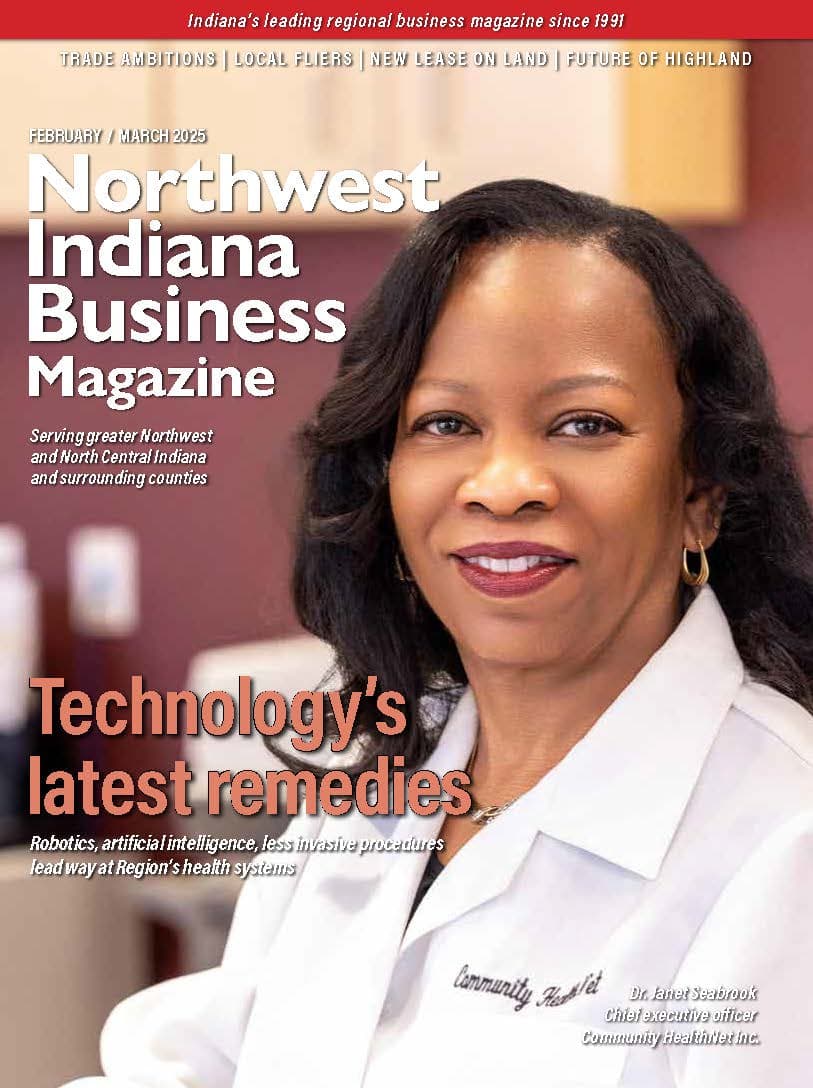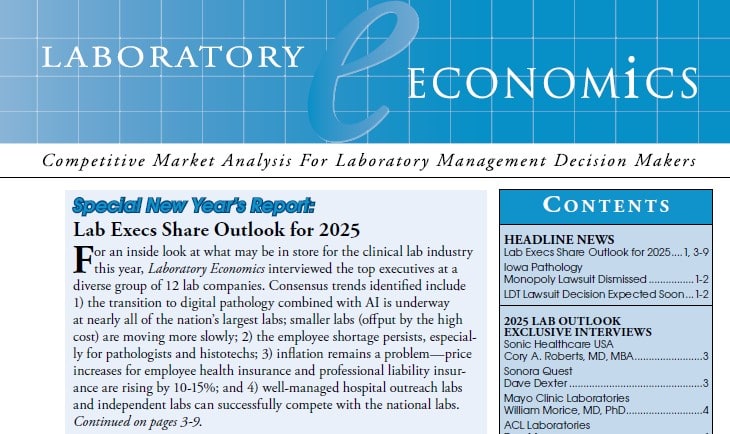Food Or Poison?
Foodborne Diseases
Alverno Laboratories’ use of sophisticated testing of blood or stool can identify foodborne diseases with excellent accuracy and turnaround times as short as four hours.
The recent health scare of foodborne disease linked to Romaine lettuce resulted in 172 cases of food poisoning spread across 32 states. 75 people were hospitalized, and one died as a result of E Coli. This latest outbreak is just part of the story.
The Center for Disease Control (CDC) has identified more than 250 foodborne diseases. The majority are infections caused by bacteria, viruses, or parasites. Other causes include toxins, food intolerances, allergies, CDC estimates that 48 million people contract a foodborne disease annually, with 128,000 hospitalized. A somber note – 3,000 people die annually from foodborne disease.
Alverno Laboratories partner with hospitals, clinics, and physicians to conduct testing that will detect foodborne disease in symptomatic patients. Based on the type of test conducted, accurate results can be available in as little as four hours. Some tests can take 8-24 hours for results to be available.
The top germs that cause illnesses from food eaten in the United States are Norovirus, Salmonella, Clostridium perfringens, Campylobacter, Hepatitis A, and Staphylococcus aureus (Staph). Other germs that aren’t as prevalent but are much more serious include botulism, listeria, and E Coli.
“Many patients believe they have food poisoning, but it’s important to know exactly what disease they have,” explained Cynthia McGuire, lab supervisor. “Some bacteria and viruses can be spread easier than others, and it’s necessary to understand what we’re dealing with.”
An example is Hepatitis A, which can be spread throughout the household by a contaminated person. This may happen through dirty hands, when an infected person prepares food for others.
“We can conduct tests to detect all of these foodborne diseases, the more prevalent and the less common,” explained Jim Clark, manager of microbiology at Alverno. “Our testing procedures ared quick and accurate. We also follow standard reporting protocol, notifying the physician who ordered the tests and notifying the state about certain outbreaks.”
Dr. Elisabeth Shearon, Medical Director, added that different tests are needed depending on the type of symptoms the patient is exhibiting. “In order to tailor treatment, physicians need to know what they are dealing with. Foodborne diseases do not all have the exact same symptoms, and those variations can be critical.”
Testing is critical, especially for pregnant women, children, seniors, and people with weakened immune systems from other medical issues. Alverno Laboratories are equipped to conduct blood and stool testing as needed. Molecular tests are replacing the growing cultures which are both labor and time intensive.
“Molecular testing is very sensitive,” said Melissa Mace, molecular biology supervisor. “We can conduct four-panel testing when required. Molecular testing is very specific. Many results can be reported in eight hours and provide the ordering physician with the information needed for treatment.”
Healthcare providers need a plan for the timely testing of foodborne disease to determine the proper course of action. Alverno uses the most up-to-date technology available to help identify pathogens as quickly as possible. Microbiologists and lab technicians are trained to test samples, record data, and provide accurate results. 26 area hospitals trust Alverno Laboratories to deliver accurate test results in a timely fashion.







